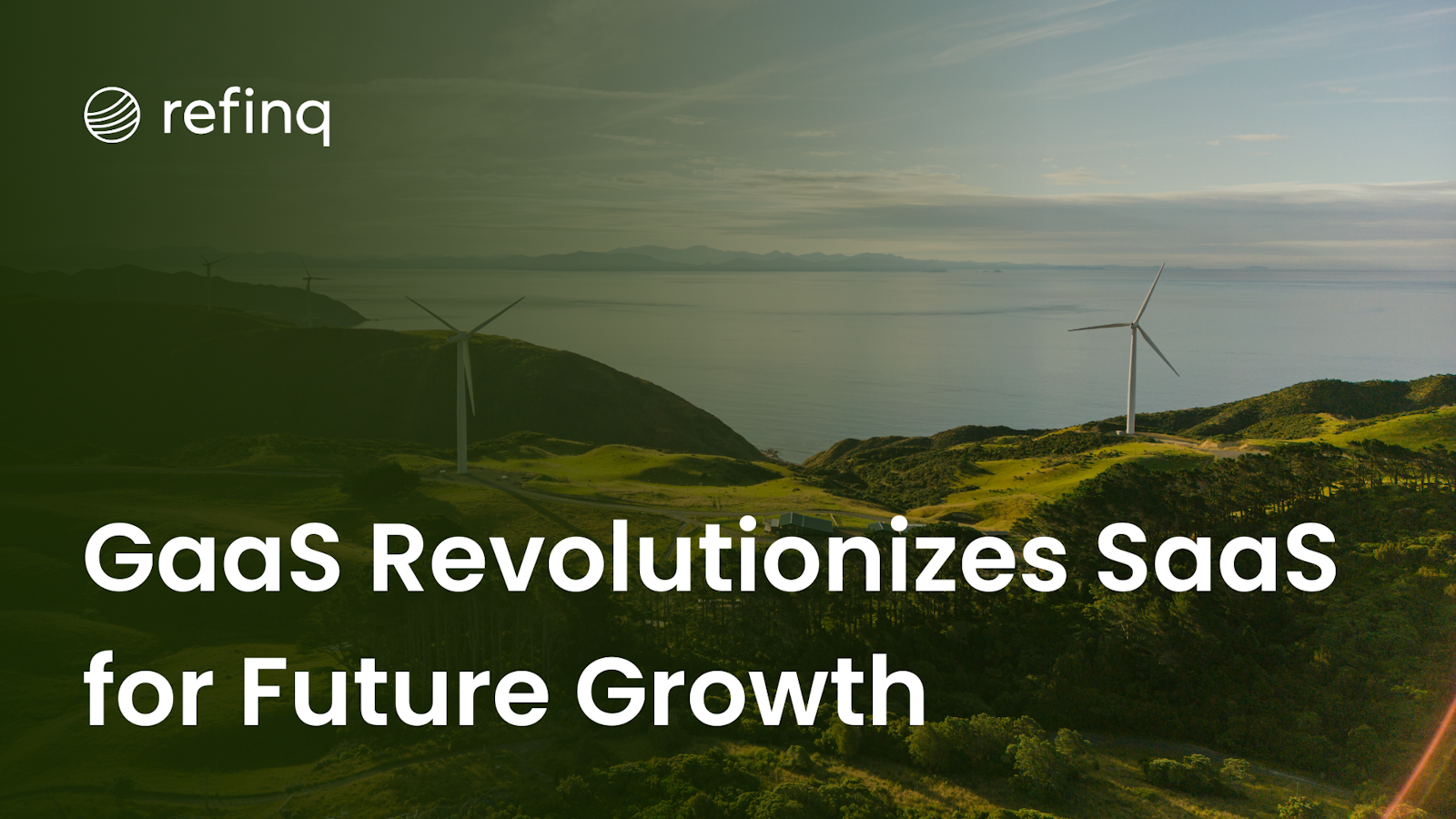

In recent years, Geospatial as a Service (GaaS) has emerged as a powerful evolution within Software as a Service (SaaS), providing companies with advanced tools for geospatial data analysis and decision-making. By leveraging cloud technology, GaaS offers organizations access to sophisticated Geographic Information Systems (GIS) that were once complex and costly to implement. From environmental monitoring to logistics, GaaS is revolutionizing industries by delivering location-based insights that drive efficiency and strategic planning. (Explore the emergence of GaaS in cloud technology) (Learn more about geospatial SaaS trends and drivers).
GaaS extends the capabilities of traditional SaaS by incorporating geospatial intelligence, which enables organizations to map, monitor, and analyze real-world conditions. This next-generation SaaS model supports businesses in tracking assets, predicting environmental impacts, and enhancing supply chain logistics. With GaaS, companies can now access robust GIS without managing infrastructure, making it a cost-effective and scalable solution. Platforms like refinq utilize GaaS to provide real-time, location-based data insights, allowing businesses to assess climate and environmental risks more effectively. refinq’s geospatial features support industries in making informed decisions and complying with regulatory standards.
While SaaS delivers software applications over the cloud, GaaS specializes in geospatial data and analysis, focusing on location-based insights and visualization. Traditional SaaS models might provide data processing tools, but GaaS goes further by integrating geographic contexts, enabling businesses to manage spatial data in ways that SaaS alone cannot. The rise of geospatial cloud services is a testament to the unique role GaaS plays in expanding data-driven capabilities across industries.
GaaS platforms like refinq also differ by offering industry-specific geospatial insights tailored to sectors like utilities, logistics, and environmental conservation. With machine learning and GIS integration, refinq delivers more specialized data insights, helping companies predict and plan for environmental and operational risks. (Explore refinq’s advanced geospatial solutions).
Cloud-Enabled Accessibility
By operating on the cloud, GaaS offers users global access to geospatial data, allowing for real-time updates and collaborative efforts across locations. This flexibility has enabled industries to shift from fixed-location GIS setups to agile, remote access systems.
Scalable Data Integration
GaaS can process vast datasets from multiple sources, making it scalable for diverse applications. For example, refinq’s platform integrates data from over 2.5 billion geospatial points, empowering companies with detailed, location-specific insights for assessments in sectors like environmental monitoring and logistics.
Enhanced Predictive Analytics
Through predictive analytics, GaaS helps organizations model future scenarios, anticipate risks, and manage resources efficiently. For instance, refinq’s forecasting tools allow businesses to simulate environmental impacts, providing insights into climate risks and enabling proactive planning.
GaaS has made a substantial impact across industries worldwide:
Agriculture: GaaS aids precision farming by helping farmers monitor crop health, optimize irrigation, and forecast yields. This data-driven approach promotes sustainable agriculture and efficient resource management.
Urban Planning: City planners use GaaS to make data-informed decisions on land use, infrastructure, and zoning, enhancing urban development with a focus on sustainability.
Logistics and Supply Chain: In logistics, GaaS supports route optimization, fuel efficiency, and asset tracking, directly impacting cost savings and environmental goals. Learn more about how GaaS drives these industries.
GaaS is transformative across various sectors, providing organizations with data-driven insights that support environmental sustainability and operational efficiency. Key beneficiaries include:
Utilities and Infrastructure: Utility providers use GaaS to monitor infrastructure conditions and optimize maintenance schedules, minimizing service disruptions and enhancing resource allocation.
Supply Chain and Logistics: Logistics companies benefit from geospatial insights to streamline routes, reduce fuel consumption, and optimize delivery schedules, directly supporting sustainability goals.
Environmental Monitoring: Organizations focused on sustainability and compliance leverage GaaS to track ecosystem changes and analyze environmental impact, helping them maintain regulatory compliance. (See more on GaaS benefits in geospatial intelligence).
Agriculture
Agriculture relies on GaaS for precision farming, using geospatial data to monitor crop health, optimize irrigation, and forecast yields. These insights drive efficient resource use and sustainable farming practices.
Telecommunications
GaaS supports telecommunications by guiding network expansion efforts, improving connectivity, and addressing geographic challenges. With geospatial data, companies can assess coverage areas and streamline infrastructure development.
Real Estate and Urban Planning
GaaS enables real estate and urban planning firms to evaluate land use, assess environmental impacts, and plan sustainable communities. By using location-based insights, these industries can make data-backed decisions to enhance urban design and growth.
For businesses aiming to maximize GaaS capabilities, refinq offers a robust solution with real-time geospatial assessments and data analytics. refinq helps companies process complex environmental data, producing insights that guide sustainable practices and support regulatory compliance. refinq’s GaaS-based services align with international standards such as the Taskforce on Nature-related Financial Disclosures (TNFD) and the Corporate Sustainability Reporting Standard (CSRD), providing reliable, actionable data for business resilience.
refinq’s tools are especially useful for predictive analytics, enabling companies to anticipate and plan for climate risks. With capabilities to model environmental impacts, Refined Data with refinq allows companies to develop data-backed strategies for compliance and risk mitigation, helping them stay ahead in a fast-evolving digital environment.
Geospatial as a Service (GaaS) represents the next frontier in SaaS, combining location-based insights with cloud accessibility and scalability. As industries embrace GaaS, platforms like refinq lead the way by offering solutions that enhance sustainability, regulatory compliance, and strategic planning. By adopting GaaS, companies can position themselves at the forefront of data-driven innovation, leveraging geospatial intelligence to foster growth, resilience, and a sustainable future.
Geospatial World - Geospatial Services as SaaS: Trends and Drivers
Fulcrum - Accelerating Operational Flexibility with Fieldtech and GIS SaaS Integration
ResearchGate - Evaluating the Current State of Geospatial Software as a Service Platforms